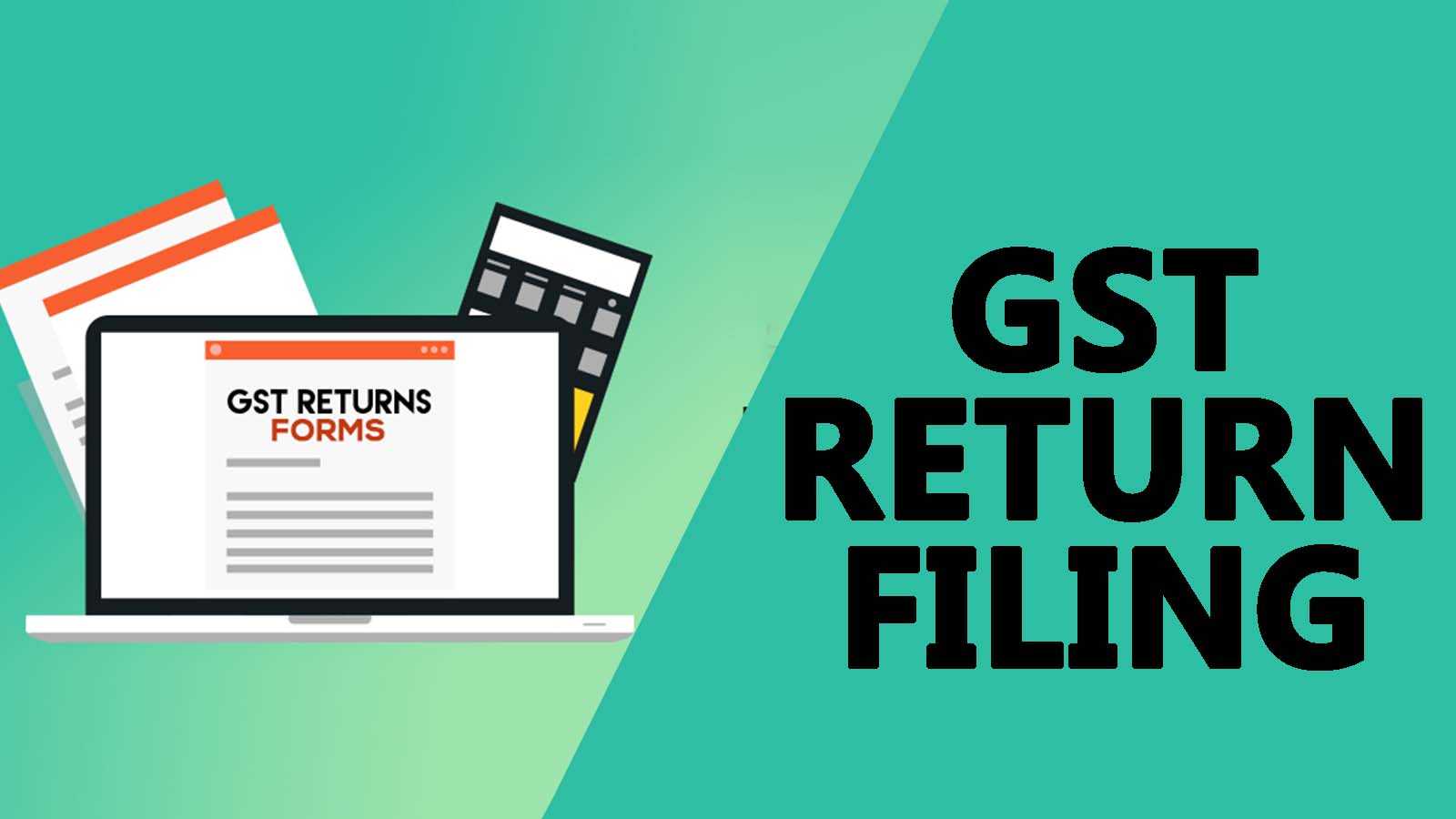GST Return

A GST return is a crucial document that records sales, purchases, output tax (collected on sales), and input tax (paid on purchases). Filing accurate GST returns is essential for businesses and tax consultancy firms to ensure compliance with GST regulations. After submission, businesses must settle any tax liability owed to the government as part of their GST services.
